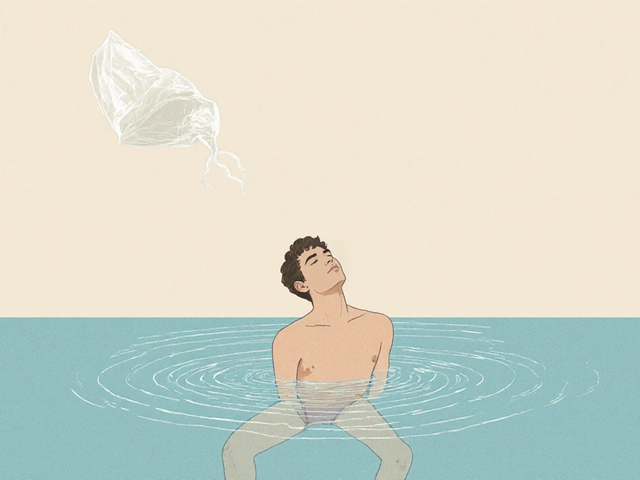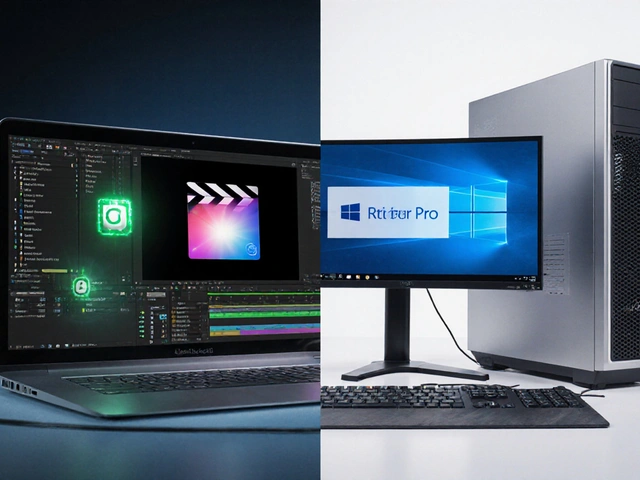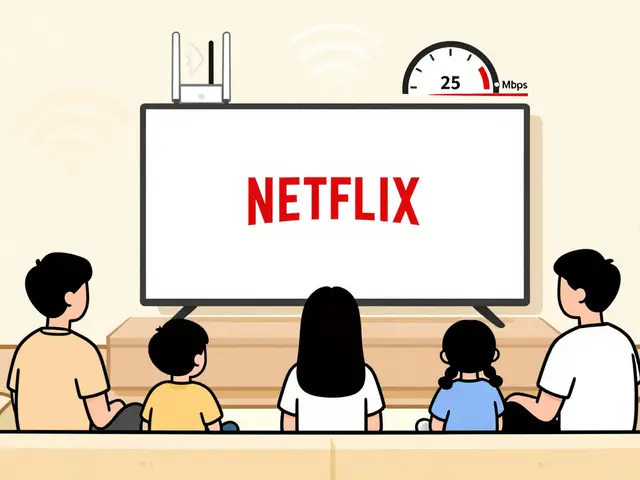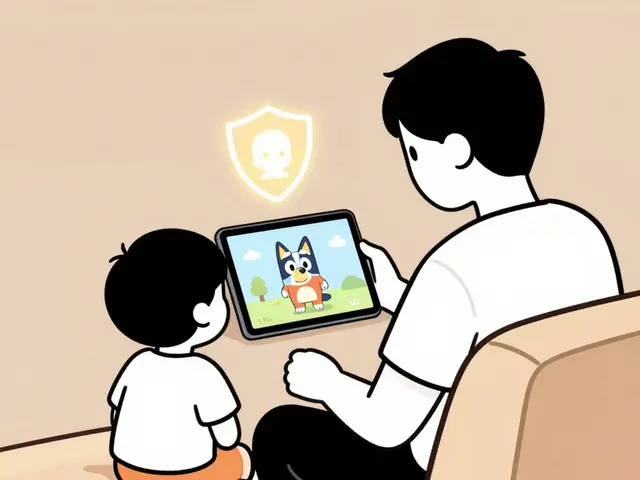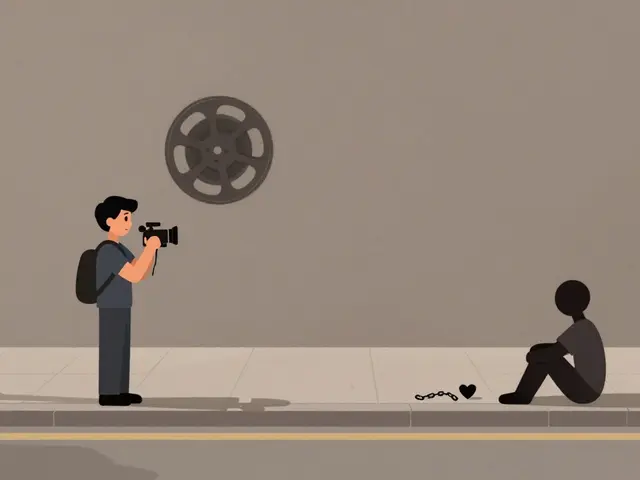9
The Graduate Review: How a 1967 Film Captured New Hollywood’s Rebellion and Alienation
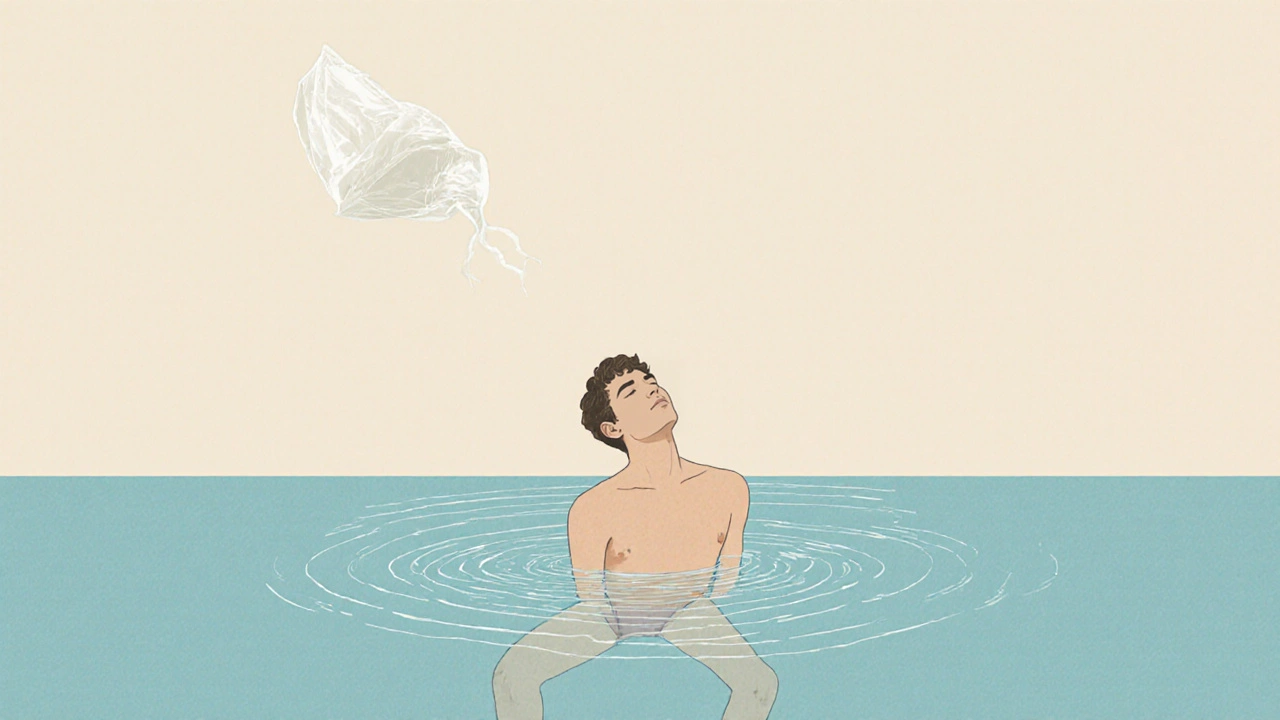
The Graduate didn’t just come out in 1967-it exploded into a culture that didn’t know it was ready for it. At a time when Hollywood was still churning out polished musicals and war epics, this quiet, awkward story about a recent college grad lost in life hit like a punch to the chest. It wasn’t about heroes or victories. It was about Benjamin Braddock, played by Dustin Hoffman, staring blankly at a plastic bag in a hotel room, wondering what the hell comes next. And millions of young people saw themselves in that silence.
Who Was Benjamin Braddock, Really?
Benjamin isn’t a rebel with a cause. He’s a kid who just graduated from a prestigious college with no idea what to do with his degree-or his life. His parents throw him a party, friends ask him about his future, and the only answer he can give is silence. He doesn’t hate society-he’s too numb to care. He drifts into an affair with Mrs. Robinson, the wife of his father’s business partner, not out of passion, but because it’s the only thing that feels real in a world full of empty promises.
The film doesn’t judge him. It doesn’t need to. The camera lingers on his face as he sits alone in a swimming pool, staring at the ceiling. No music. No dialogue. Just the echo of his loneliness. That moment, more than any line of dialogue, became the defining image of a generation. It wasn’t about drugs or protests. It was about disconnection. The kind that creeps in when everyone expects you to have it all figured out-and you don’t even know what ‘it’ is.
The Soundtrack That Changed Everything
Simon & Garfunkel’s music didn’t just accompany The Graduate-it became its heartbeat. Songs like ‘Mrs. Robinson’ and ‘The Boxer’ weren’t background noise. They were emotional signposts. The haunting acoustics of ‘The Sound of Silence’ played over scenes of Benjamin’s isolation, turning quiet moments into thunderous emotional statements.
Before this, Hollywood used orchestral scores to build tension or romance. The Graduate proved that folk-rock could carry the weight of existential dread. The soundtrack sold over two million copies. It wasn’t just popular-it was revolutionary. It told young viewers: your feelings matter. Even if they’re messy, confusing, or silent.
How It Broke the Hollywood Mold
Before 1967, leading men were clean-cut, confident, and always in control. Think Cary Grant or James Stewart. The Graduate shattered that. Dustin Hoffman was short, nervous, and looked like he hadn’t slept in days. He didn’t charm his way through scenes-he stumbled through them. And audiences loved him for it.
The film’s director, Mike Nichols, didn’t shoot it like a classic. He used tight close-ups, unusual framing, and long silences. The famous underwater scene where Benjamin watches Mrs. Robinson through the pool glass? No dialogue. Just floating bodies and muffled voices. It wasn’t sexy-it was claustrophobic. That’s the point.
Even the ending defied convention. Benjamin crashes Elaine’s wedding, pulls her away, and they sit in the back of a bus. No triumphant music. No kiss. Just two confused kids staring ahead, realizing they’ve run away from something-but have no idea what to run toward. That’s not a happy ending. It’s a real one.
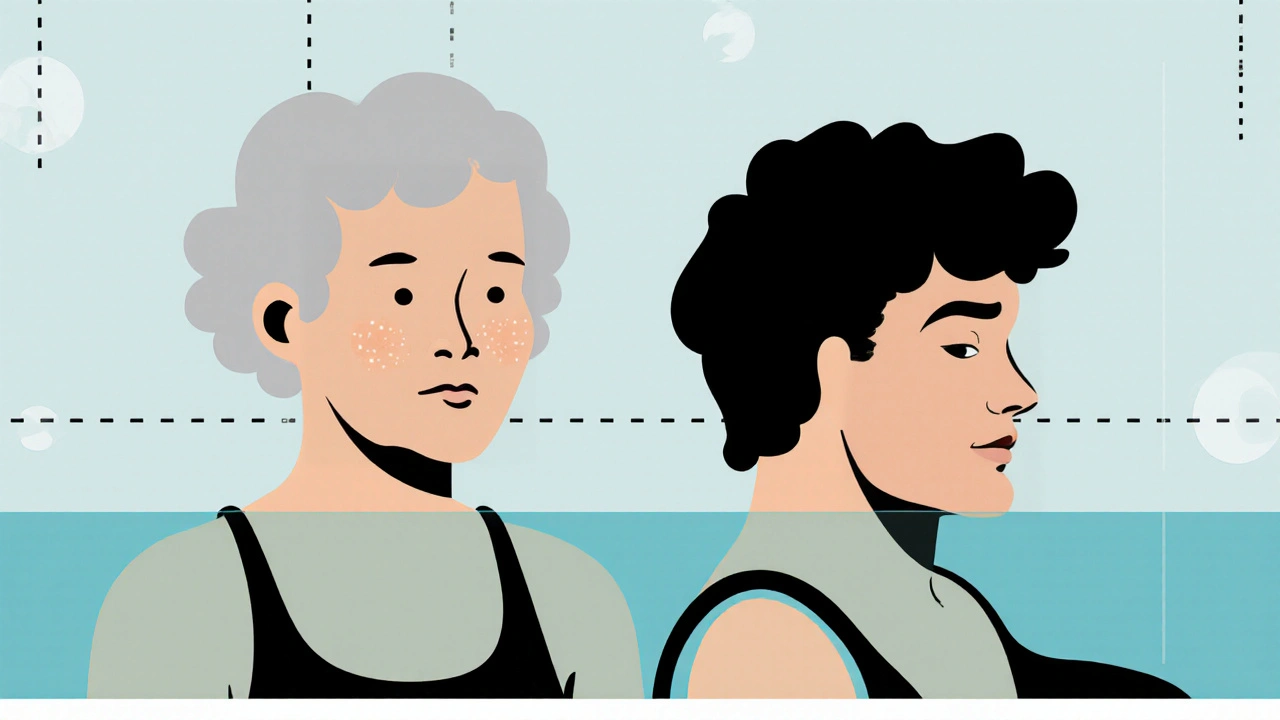
The Rise of the Anti-Hero
The Graduate didn’t just introduce a new kind of protagonist-it created a blueprint. After Benjamin, you got Travis Bickle in Taxi Driver, Jack Nicholson’s characters in Chinatown and One Flew Over the Cuckoo’s Nest, and later, Patrick Bateman in American Psycho. All of them are men lost in systems they don’t understand, surrounded by people who don’t see them.
Before this film, American cinema told stories about people who changed the world. After it, stories began focusing on people who couldn’t even change their own lives. That shift didn’t happen overnight. But The Graduate was the spark.
Why It Still Resonates Today
It’s 2025. College grads still face crushing student debt. Parents still ask, ‘So what are you doing next?’ Employers still want ‘passion’ but pay minimum wage. The pressure to ‘figure it out’ hasn’t gone away-it’s just moved to TikTok and LinkedIn.
Young people today don’t have Mrs. Robinson. They have algorithm-driven career advice, influencer culture, and the constant noise of ‘hustle culture.’ But the feeling? That same hollow ache? It’s still there.
Watch The Graduate now, and you’ll see a 21-year-old kid in a polyester suit, staring at his reflection in a car window, wondering if he’s already lost. That’s not nostalgia. That’s recognition.
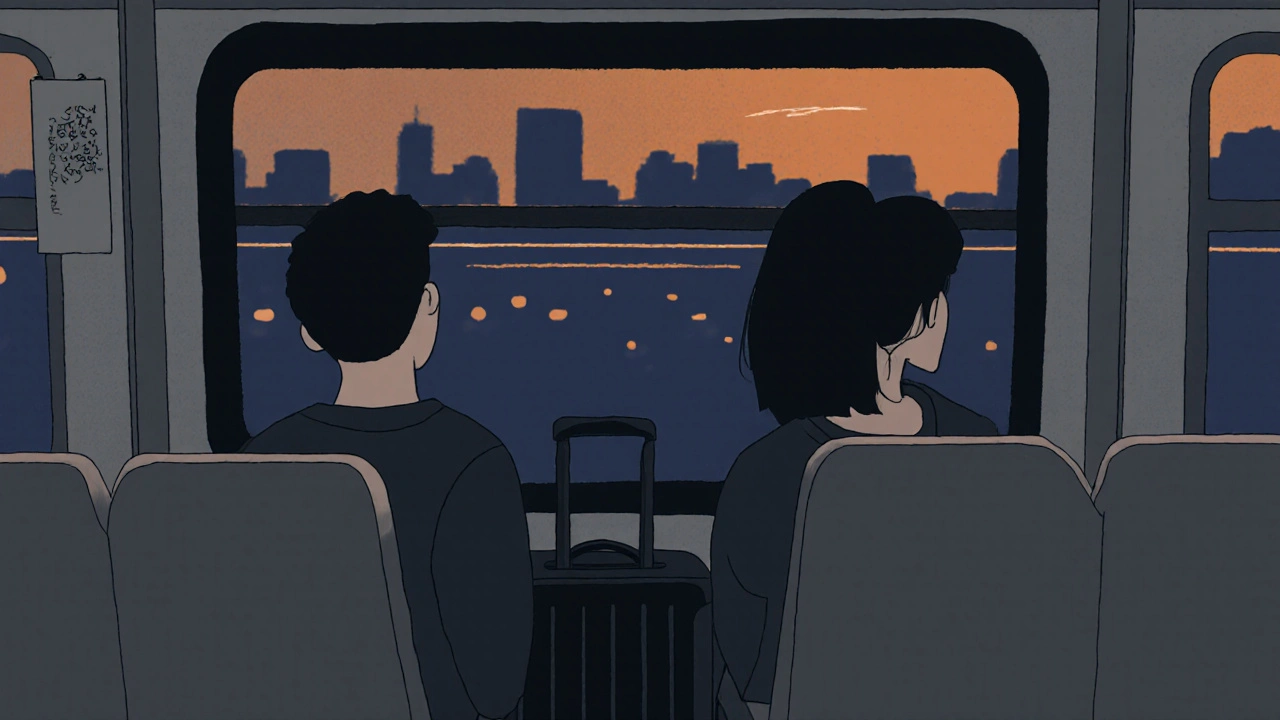
What Made It a Cultural Landmark
It wasn’t just the acting, the music, or the direction. It was the timing. The film came out the same year as the Summer of Love, the rise of the anti-war movement, and the first wave of youth-driven political activism. But instead of joining the revolution, Benjamin sat on the sidelines. And that made him more relatable than any protestor.
It was the first major Hollywood film to treat alienation not as a flaw, but as a truth. It didn’t try to fix Benjamin. It didn’t give him a redemption arc. It just showed him, honestly, as he was: confused, scared, and quietly breaking.
That honesty changed everything. Studios began taking risks on young directors. Writers started writing characters who didn’t have answers. And audiences? They finally saw themselves on screen-not as heroes, but as humans.
Legacy in the Modern Age
Today, you can see The Graduate’s shadow in shows like Succession, BoJack Horseman, and even Atlanta. Each of them deals with characters who are successful by the world’s standards-but emotionally bankrupt.
Modern films like Whiplash and Her echo its silence. The way the camera holds on a face instead of cutting away? That’s The Graduate’s influence. Even Netflix’s most popular dramas owe something to the way this film trusted the audience to sit with discomfort.
It didn’t win Best Picture because it was flashy. It won because it was true. And truth, even when it’s quiet, doesn’t fade.
Why was Dustin Hoffman cast as Benjamin Braddock?
Dustin Hoffman was cast because the studio originally wanted a tall, handsome actor like Robert Redford. But director Mike Nichols insisted on someone who looked like a real person, not a movie star. Hoffman was unknown, under five-foot-six, and had a nervous energy that matched the character. His casting broke Hollywood’s mold and proved that authenticity could be more powerful than traditional leading-man looks.
Did Anne Bancroft really have an affair with Dustin Hoffman during filming?
No. Anne Bancroft was 35 and Hoffman was 29, but they never had a romantic relationship. Bancroft was married at the time, and both actors have said the on-screen chemistry came from intense rehearsals and mutual respect. Hoffman even called her one of the most professional actors he ever worked with. The tension in their scenes was acting-not real life.
Was The Graduate a box office success?
Yes. Made on a budget of just $2.5 million, it earned over $100 million worldwide-making it the highest-grossing film of 1967. It wasn’t just popular-it became a cultural phenomenon. It stayed in theaters for over a year and was the first film to earn more than $100 million without a single major star.
How did The Graduate influence future filmmakers?
It gave young directors permission to make personal, unconventional films. Martin Scorsese, Francis Ford Coppola, and Steven Spielberg have all cited it as a turning point. It showed that you didn’t need big sets or explosions to connect with audiences. A silent stare, a well-placed song, and a broken character could move millions. That became the foundation of New Hollywood.
Is The Graduate still relevant today?
Absolutely. The film’s core theme-feeling lost after achieving what society says you should want-is more relevant now than ever. With rising costs of education, unstable job markets, and social media pressure to ‘have it all,’ today’s graduates face the same quiet panic Benjamin did. The film doesn’t offer answers, but it doesn’t pretend to. That honesty still speaks.
Where to Go Next
If The Graduate made you feel seen, try Harold and Maude for more dark humor and quiet rebellion. Watch Easy Rider to see the same generation chasing freedom instead of running from it. Or dive into Chinatown-another 1970s masterpiece where the system wins, and the hero doesn’t get a happy ending.
These films don’t solve anything. They just hold up a mirror. And sometimes, that’s all you need.

